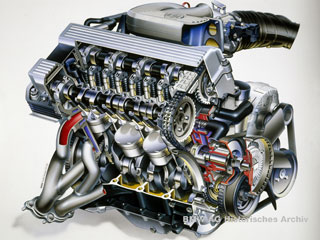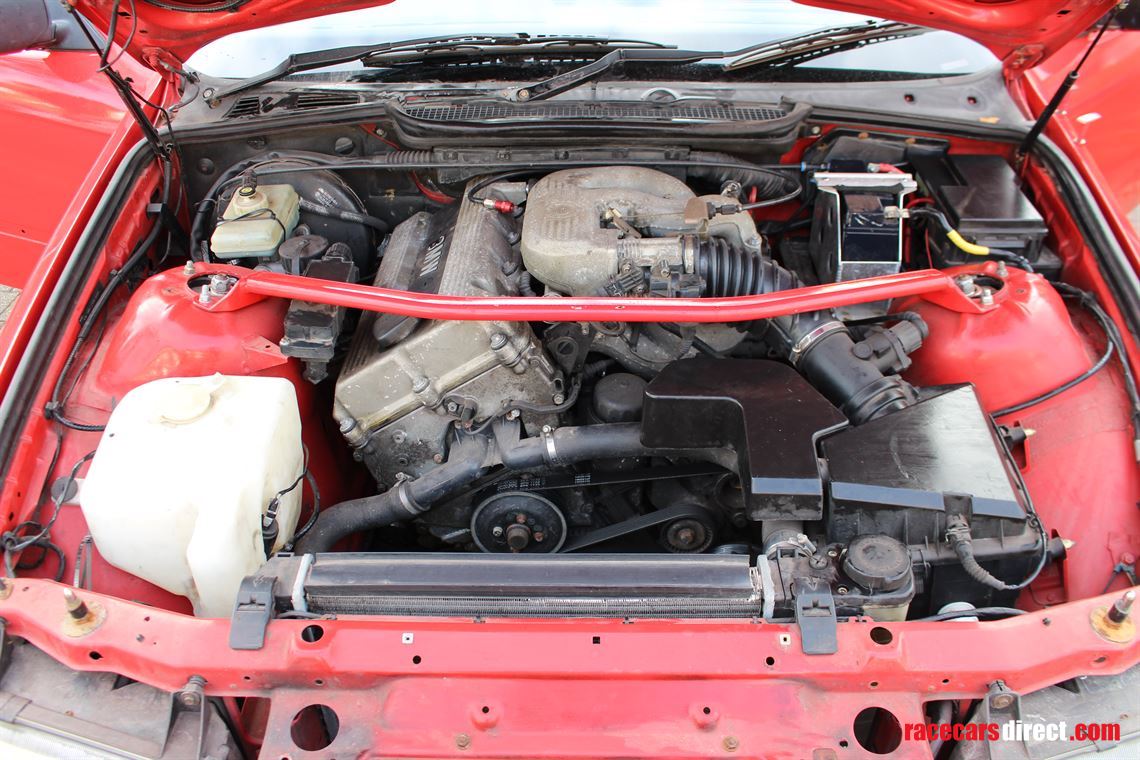Why the BMW 318ti Is a Top Selection for Car Fanatics
Why the BMW 318ti Is a Top Selection for Car Fanatics
Blog Article
Crucial Considerations for Picking the Best Engine for Your Requirements
In the realm of selecting the optimal engine to fulfill your requirements, a number of vital elements demand thorough factor to consider to make certain ideal efficiency and efficiency. From the nuanced balance in between power and efficiency to the often-overlooked facets of upkeep and service requirements, each facet plays a critical function in identifying the most suitable engine for your specific needs.
Power and Efficiency
When assessing engines for optimum performance, it is crucial to prioritize both power result and effectiveness. Power outcome gauges the ability of an engine to generate energy, which straight affects its performance. A high power outcome is crucial for requiring jobs such as heavy-duty applications or high-speed needs. It ensures that the engine can take care of the work efficiently and effectively. However, power alone is not sufficient; effectiveness plays a significant role in identifying the general efficiency of an engine. Effectiveness describes exactly how well the engine transforms gas into usable power. An extra effective engine will supply much better mileage, lower discharges, and lowered operating expense. Striking the appropriate balance between power output and efficiency is vital to selecting an engine that meets your certain demands. It is crucial to consider aspects such as the planned usage of the engine, ecological impact, and long-term price effects when making this choice. By carefully evaluating both power and effectiveness, you can pick an engine that provides ideal performance and meets your requirements effectively.
Fuel Efficiency and Economy
Gas performance refers to the engine's capability to transform gas right into energy with minimal waste, straight affecting operating costs and ecological sustainability. Engines with greater fuel performance not only decrease gas costs yet additionally reduce carbon emissions, contributing to a greener operation.

Compatibility and Application
Taking into consideration the fuel performance and economy of an engine, the following crucial element to address is its compatibility and application within particular functional contexts. Compatibility describes just how well the engine integrates with the total system or devices it powers. It involves factors such as physical measurements, installing options, electrical interfaces, and control systems. Making sure compatibility is important to protect against concerns such as overheating, vibrations, or power inequalities (bmw 318ti).
Different engines are developed for particular objectives, whether it be commercial machinery, marine vessels, automobiles, or power generators. Comprehending the desired application allows for the choice of an engine that can deliver the needed power output, torque, and operational characteristics.
Upkeep and Solution Demands
Upkeep and solution demands play a vital role in ensuring the durability and optimal performance of an engine. Routine upkeep is vital to prevent breakdowns, expand the life expectancy of the engine, and keep its performance. When picking an engine, it is necessary to consider the manufacturer's recommended maintenance schedule and the availability of solution facilities or qualified technicians.
Factors such as the frequency of oil modifications, filter replacements, and general assessments can dramatically affect the engine's efficiency. Some engines might call for even more regular maintenance based upon their design and use, while others might have longer periods between upkeep checks. It is important to follow these solution requirements to avoid pricey repair services and unforeseen downtime.

Cost and Budget Plan Considerations
When choosing an engine for a specific application,Spending plan constraints often play a significant duty in the decision-making process. When taking into consideration the expense and budget plan effects of choosing an engine, it is important to evaluate not just the initial purchase rate yet likewise the long-lasting expenses connected with maintenance, gas consumption, and possible upgrades or repair services. It is essential to strike an equilibrium between the ahead of time price of the engine and its general lifecycle costs to ensure that the picked engine stays financially lasting throughout its functional life-span.
Factors such as fuel durability, performance, and dependability can directly impact the overall expense of possession of an engine. While a more expensive engine might have greater upfront expenses, it might possibly result in reduced upkeep and gas expenditures with time, thus offering far better worth in the future. Additionally, thinking about the schedule and cost of spare parts, along with the simplicity of upkeep and solution, can help protect against unexpected financial strain in the future. By meticulously examining these cost and budget plan considerations, you can make an informed decision that straightens with your operational needs and monetary restrictions.
Conclusion

Fuel performance refers to the engine's ability to transform gas into power with minimal waste, directly impacting operating costs and environmental sustainability.Factors affecting fuel performance consist of engine design, combustion efficiency, and overall efficiency optimization. In addition, selecting the ideal fuel type and grade as suggested by the engine producer can even more improve performance and prolong engine life-span.
Engines with excellent utility attributes and easily available parts can lower maintenance costs and decrease the time the engine is out of procedure - bmw 318ti. It is critical to strike you could try these out a balance between the ahead of time price of the engine and its total lifecycle costs to make sure that the picked engine continues to be economically lasting throughout its operational life-span
Report this page